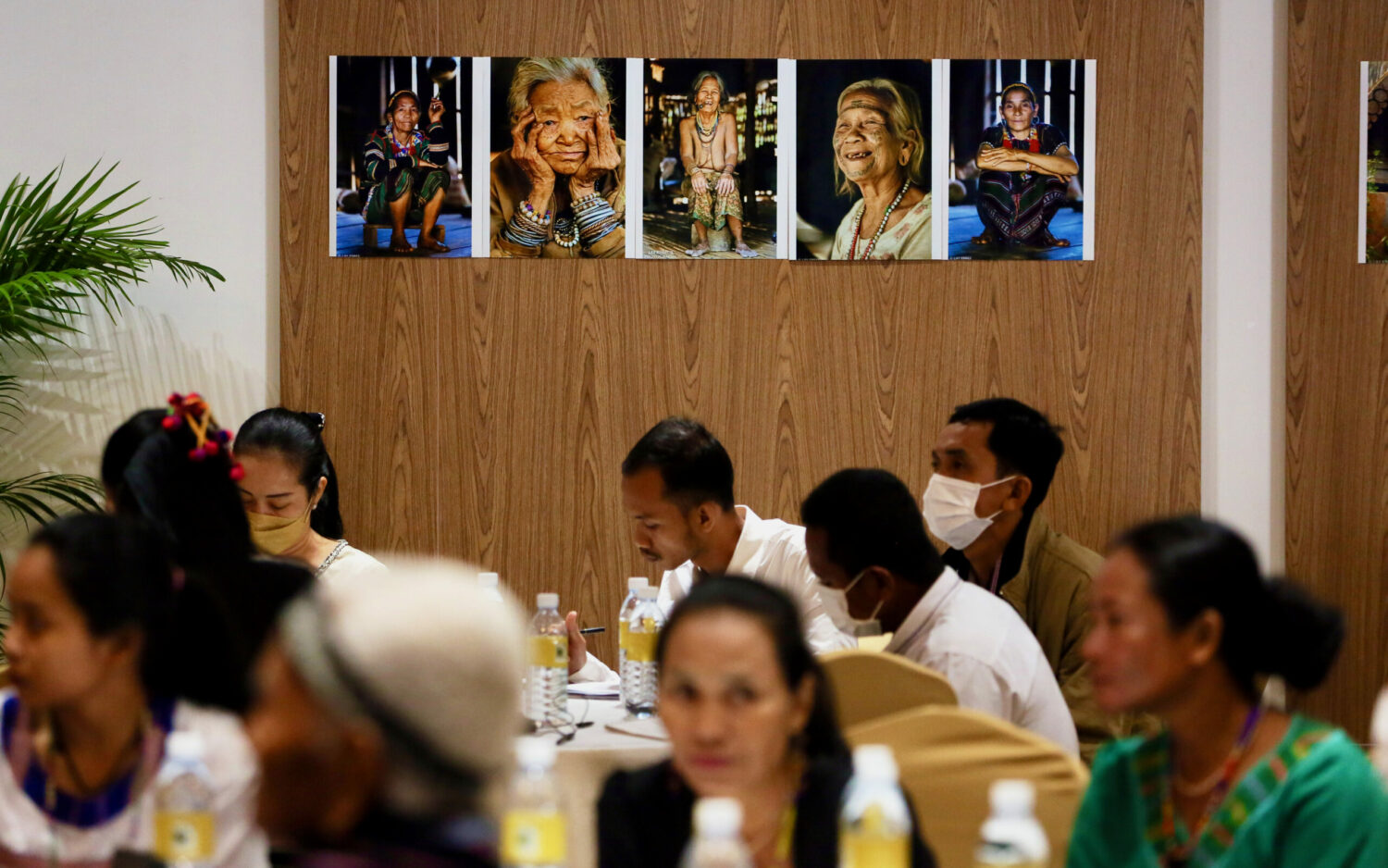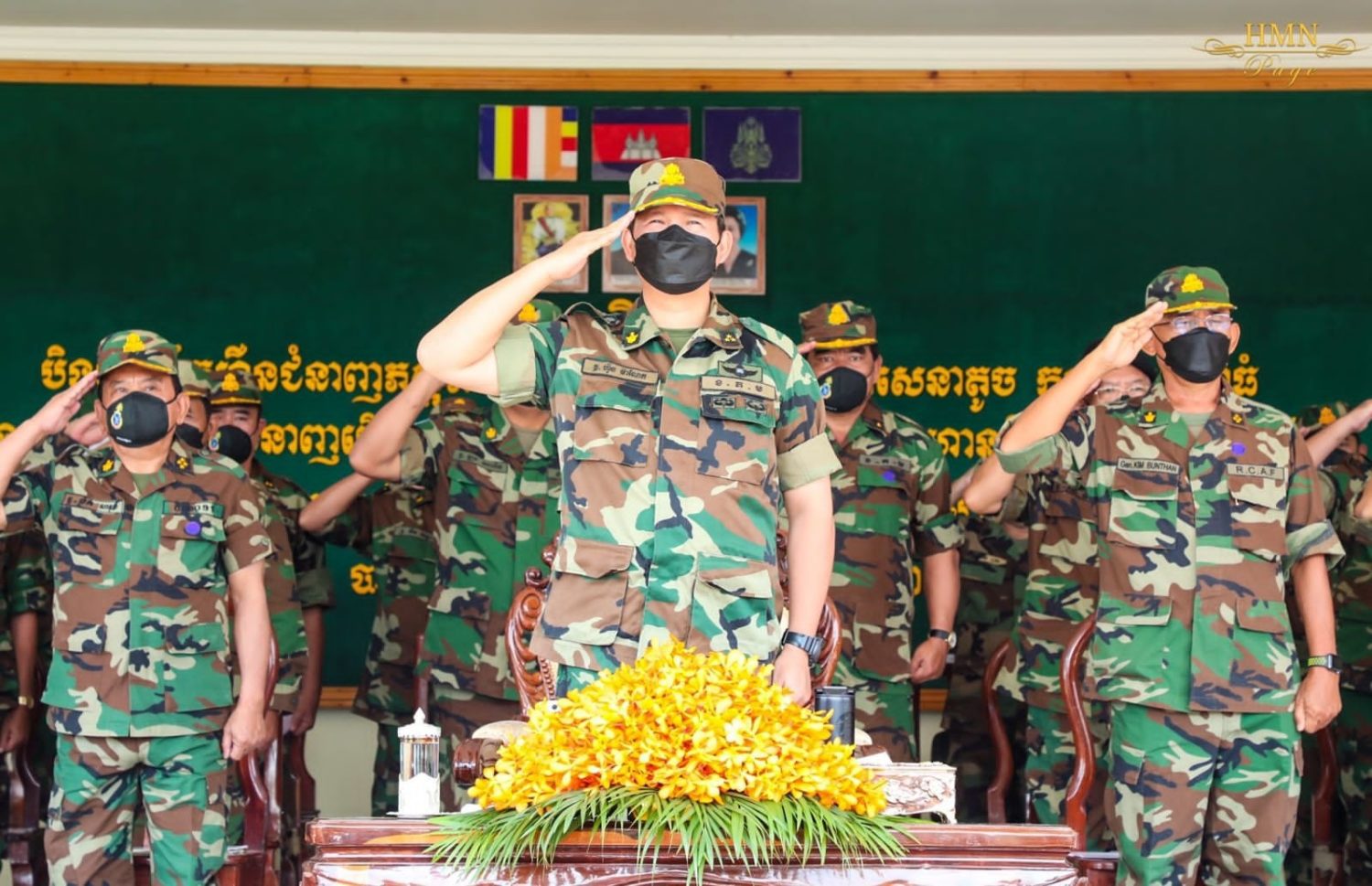Communities are already facing lawsuits for traditional farming practices and seeing encroachment on ancestral lands as new draft laws are set to further erode protections, indigenous groups warned in a forum with government officials on Wednesday.
Indigenous groups raised their concerns and asked to have more input into changes to the forestry and protected areas laws during a forum in Phnom Penh organized by the Cambodia Indigenous Peoples Organization. Around 100 indigenous community members from across the country joined the event, which also included representatives from the ministries of agriculture, interior, justice and women’s affairs.
A recent draft of amendments to the Protected Areas Law removed the words “indigenous and ethnic minority communities” from an article about participation in conservation, leaving the groups to be only part of broader “local communities.” Indigenous groups said that and other changes made them fear further loss of land, livelihoods and their practice of rotational farming.
During discussions on Wednesday, several indigenous representatives spoke of encountering problems while trying to do rotational farming, where families regularly move between several agricultural areas, and during conflicts with private companies related to land documents.
Ploek Navy, a Bunong resident of Mondulkiri, said she had been sued by a local company for her traditional farming. The community was already facing legal pressure over rotational farming, and she feared the new law amendments would cause the next generation to not know their traditions or culture, Navy said.
“If that is so, we will be slaves on our land. Because of this, our tradition will lose everything. When we don’t have land, it means we don’t have jobs. So we will work for other people who own our land,” she said.
Navy said she was never scared in the past of anything except animals in the forest. “There was no law and we lived peacefully. I never had anything. I was scared only of tigers or ghosts. That’s all. But now I’m scared of the actions of humans.”
Chhim Samut, another indigenous participant, said communities wanted to see their identities recognized in the law as these were part of their relationship with nature.
“In the draft law they’ve taken out the word ‘indigenous.’ It’s gone. We are very worried. We used to see our names, but now I can’t see my name. Our name is linked to nature, and nature is linked to our traditions.”
The Environment Ministry, which manages protected areas, was not represented at the forum.
Proposed changes to the Forestry Law have also come under criticism, including for introducing hunting licenses for Cambodia’s wildlife.
Lao Sethapal, deputy director of the Agriculture Ministry’s fisheries department, said the draft amendments were currently under review, and the input from indigenous communities would be discussed. But it was unlikely that all suggestions could be incorporated, he said.
“We’re still in the middle of it, and still holding discussions,” Sethapal said.
Indigenous groups last year made a series of eight proposals for the draft amendments, including recognition for indigenous communities as well as mechanisms for settling disputes while taking into account the traditional rules of indigenous peoples.













